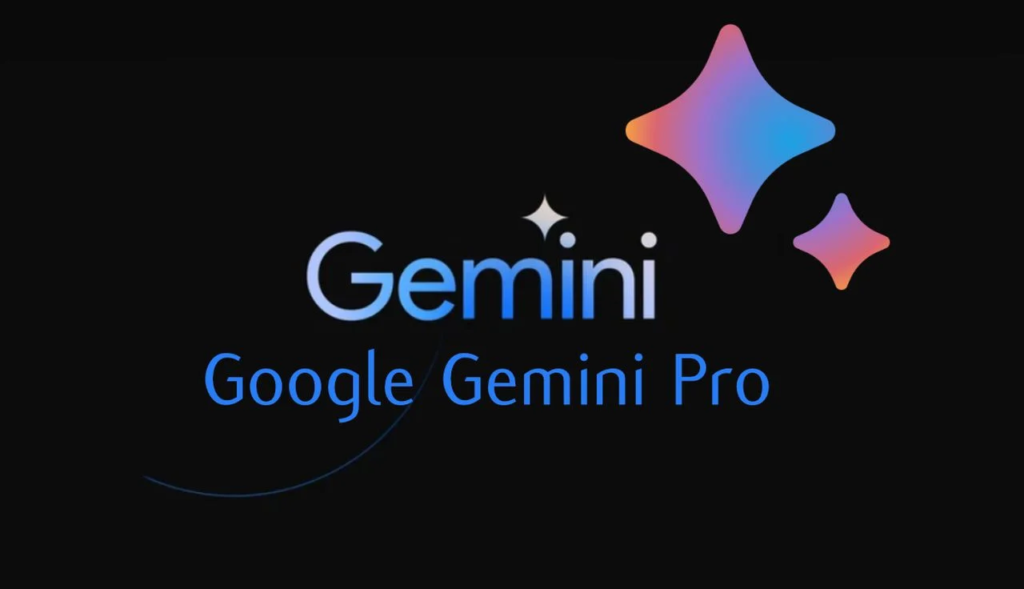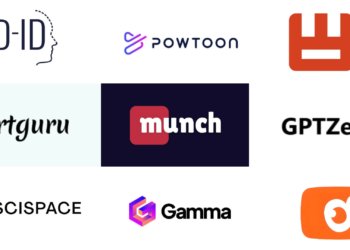No products in the cart.
OpenAI’s GPT-4 vs Google’s Gemini Pro: What to Choose, A Detailed Review
Gemini Pro seems to be a creative tool that could seriously compete against GPT-4, provided it can get its accuracy and performance right. But for now, the debate between Gemini Pro vs GPT-4 can be closed with a definite winner; GPT-4 seems to be a better tool by a wide margin.
Google initially introduced its generative AI project under the name Bard; however, it did not gain significant consumer traction. To surpass the capabilities of GPT-4, Google developed a more advanced and versatile AI solution, resulting in the creation of Gemini Pro.
Both Google’s Gemini Pro and GPT-4 are classified as large language models (LLMs). These algorithms are trained on extensive datasets to generate high-quality text, translate languages, write code, and perform various other tasks. Below, we will explore the key differences between these two models and their respective areas of specialization:
Gemini Pro Model: Multimodal & Expansive
Gemini Pro is the latest large language model (LLM) introduced by Google AI, renowned for its versatility and efficiency. As an advancement over Gemini 1.0, it exhibits significant improvements in performance.
Key Features of Gemini Pro:
Multimodal Capability: The model natively supports multimodal inputs, enabling seamless processing of videos, images, and various file formats.
Context Length: With the capability to manage a context length of up to 1 million tokens, Gemini Pro outperforms GPT-4 Turbo’s 128K and Claude 2.1’s 200K token context lengths.
Retrieval Capability: Internal testing by Google has validated Gemini Pro’s robust retrieval capabilities, with successful handling of up to 10 million tokens.
Advanced Reasoning: In logical reasoning assessments, Gemini Pro has demonstrated enhanced performance compared to its predecessors, successfully addressing questions that previously posed challenges.

GPT-4: The Established Contender in AI
Developed by OpenAI and launched in 2023, GPT-4 is a notable large language model (LLM) recognized for its extensive capabilities. While it shares certain functionalities with Gemini Pro, it also exhibits unique strengths and areas of expertise.
Key Features of GPT-4:
Multilingual Communication: It possesses the ability to understand and translate text across numerous languages, akin to Gemini Pro.
Text Generation: GPT-4 excels in generating various text formats, often demonstrating a more detailed and user-prompt driven approach compared to Gemini Pro.
Question Answering: Both GPT-4 and Gemini Pro provide comprehensive and informative answers to user queries. However, GPT-4 is reputed to be more accurate in this regard.
Code Generation: In the realm of generating complex and intricate code formats, GPT-4 holds a slight advantage, making it particularly appealing to developers seeking assistance with challenging coding tasks.

While both Gemini Pro and GPT-4 offer remarkable features, it is important to acknowledge that no generative AI model is without limitations. They remain in the early stages of development, much like the initial iterations of the iPhone compared to the Samsung Omnia Windows phone.
Gemini Pro vs GPT-4: Use Cases and Applications
Let’s delve into the specific use cases to understand how each model excels in various domains. Both models demonstrate proficiency in tasks such as text generation, translation, and question-answering. Anecdotal evidence suggests that Gemini Pro may have a slight advantage in reasoning capabilities.
Gemini Pro Use Cases
Gemini Pro has garnered significant interest within the AI community, which anticipates that its performance may surpass existing models. Gemini is in a state of continuous evolution. Although it has not yet made as substantial an impact as GPT-4, Gemini Pro excels in several key areas:
Research and administrative tasks: In research assistance, Gemini Pro proves invaluable by analyzing large datasets, summarizing research papers, and extracting critical information. Furthermore, businesses can utilize Gemini Pro for translation and localization tasks. It is proficient in translating content for diverse audiences and creating localized marketing materials tailored to international markets.
Generating human-friendly content: Gemini Pro offers a broad spectrum of applications, including generating reports, articles, and blog posts, thanks to its robust command of factual language. Its adeptness in comprehending information enables it to produce precise and informative content across various fields.
Business intelligence and analysis: The language model offers an array of functionalities that support informed decision-making. Gemini Pro excels in market research and analysis by processing extensive data volumes, thereby enabling businesses to identify emerging trends and patterns.

GPT-4 Use Cases
The success of GPT-4 is attributed to its capability to execute a diverse array of tasks with minimal human intervention. A key advantage of GPT-4 lies in its robust plugins and API, which developers are well-acquainted with and can adeptly customize to meet specific requirements. Notably, GPT-4 can browse the internet to provide up-to-date information, a feature where Gemini Pro currently relies solely on training data.
Software coding: As an indispensable tool, GPT-4 supports developers by generating various types of code and identifying potential issues in existing codebases. Additionally, developers can leverage GPT-4 to brainstorm new coding methodologies and experiment with novel frameworks. It also automates the generation of documentation and comments within code, thereby enhancing readability and maintainability.
Creative content generation: GPT-4 finds applications across various domains including marketing, storytelling, and product design. It enables users to create engaging marketing copy, compelling advertisement content, and innovative marketing campaigns.
CustomGPT: CustomGPT offers a powerful service that allows businesses to build tailored ChatGPT chatbots to meet specific business needs. This service enables businesses to provide precise interactions utilizing their own content. CustomGPT ensures accurate responses without hallucinations, maintaining brand integrity. It can be embedded into websites, integrated into workflows via API, or commercialized through customized pricing models.
Gemini Pro vs GPT-4: Capabilities and Performance
When evaluating Gemini AI in comparison to ChatGPT, it is essential to consider several additional factors. These factors are not solely related to the perceived intelligence of the AI model; however, they significantly impact the overall performance experienced by the end-user.
Multimodal Capability
Gemini Pro: Natively supports multimodal inputs, including text and images.
GPT-4: Primarily focuses on text-based inputs.
Context Length
Gemini Pro: One notable aspect is Gemini AI’s capability to manage an extensive context length of up to 1 million tokens, which exceeds the context lengths of GPT-4 Turbo at 128K tokens and Claude 2.1 at 200K tokens. It is important to note, however, that Google has indicated the publicly available model will support a maximum context length of 128,000 tokens.
GPT-4: Has a context window of 128K tokens by default.
Retrieval Capability
Gemini Pro: Tested internally with up to 10 million tokens, showcasing robust retrieval capability.
GPT-4: Does not have the same tested retrieval capacity. The past year has shown it forgets information quite quickly.

Is Gemini better than ChatGPT?
Gemini Pro showcases outstanding multimodal capabilities, enabling it to process and understand a variety of data types—including text, images, audio, and video—simultaneously. This feature is particularly advantageous for tasks that demand a comprehensive understanding of mixed data, such as the analysis and generation of multimedia content.
Conversely, GPT-4 exhibits exceptional proficiency in language-related tasks. It excels in areas requiring thorough textual analysis, advanced language comprehension, and creative text generation. Its strength lies in its ability to handle complex language structures and maintain context throughout extended conversations, making it highly suitable for applications such as conversational AI, content creation, and detailed text summarization.











